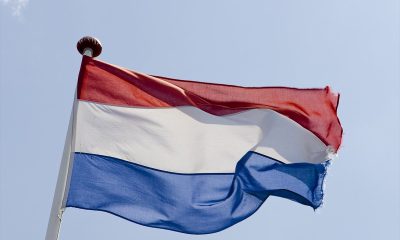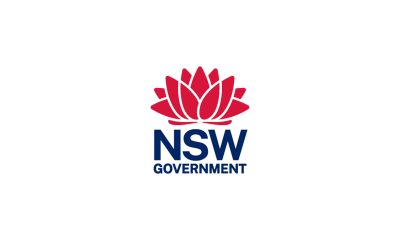Compliance Updates
ITIA: Three Tennis Players Provisionally Suspended

The International Tennis Integrity Agency (ITIA) confirmed that three tennis players – Timur Khabibulin, Sanjar Fayziev and Igor Smilansky – have been provisionally suspended pending consideration on sanction following multiple breaches of the Tennis Anti-Corruption Programme (TACP).
The decision was made by independent Anti-Corruption Hearing Officer (AHO) Janie Soublière, who upheld the ITIA charges against the three players for related match-fixing activity.
Khabibulin reached a career-high ATP singles ranking of 753 in 2016, Fayziev reached a career peak of 253 in 2017, and Smilansky 451 in 2018.
AHO Soublière determined that Khabibulin, from Kazakhstan, had committed 18 breaches of the TACP between 2014 and 2018. Fayziev, from Uzbekistan, and Smilansky, from Israel, were found to have, following an approach from Khabibulin, committed five and three breaches of the TACP respectively.
The players were collectively found to have contrived aspects of matches, facilitated wagering, failed to report corrupt approaches, and, in Khabibulin’s case, offered money to negatively influence players’ best efforts. The decision on sanctions for the three players will follow in due course.
In the meantime, as of 25 July 2023, all three players are provisionally suspended and, therefore, prohibited from competing in or attending any sanctioned tennis events organised or recognised by the governing bodies of the sport.
The provisional suspension was imposed under section G.4.a of the TACP 2023:
“In the event that the Covered Person is found liable of one or more of the charges against them and sanction is not determined at the same time as the decision on liability, the AHO, either of the AHO’s own volition or on an application by the ITIA, must impose a Provisional Suspension pending the final decision on sanction.”
The ITIA is an independent body established by the International Governing Bodies of Tennis to promote, encourage, enhance and safeguard the integrity of professional tennis worldwide.
Compliance Updates
MGA Publishes Results of Thematic Review on Self-exclusion Practices in Online Gaming Sector
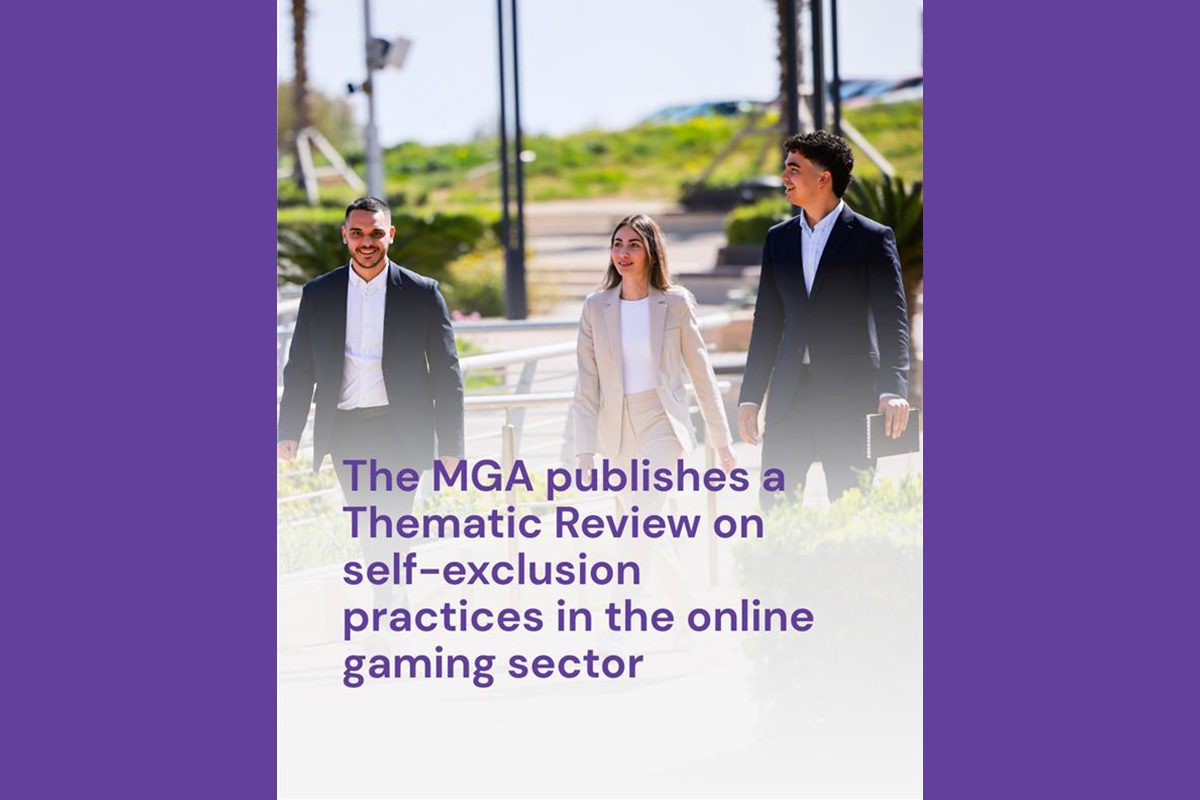
The Malta Gaming Authority (MGA) has published the results of a Thematic Review on how online B2C licensees implement self‑exclusion and other responsible gambling safeguards. The Review sought to identify any systemic weaknesses and clarify regulatory expectations relating to player protection, highlighting areas performing well as well as opportunities for licensees to strengthen their practices.
The Review was carried out in 2025 following reports that some players were able to access multiple brands despite being self‑excluded due to problem gambling. It examined the real‑world performance of player protection tools across 20 licensees and 58 active URLs. A mystery shopping exercise assessed the effectiveness of self‑exclusion processes, cross‑brand account controls, and the presentation of responsible gambling protections at key points of play.
The findings presented in this document reaffirm the Authority’s ongoing commitment to safeguarding players and upholding the integrity of the online gaming sector. Overall, the Thematic Review indicates a positive level of compliance, with the majority of licensees assessed demonstrating practices that are broadly in line with regulatory expectations. At the same time, the Review highlights opportunities for further strengthening player protection measures across the sector.
The assessment outlines the specific areas where enhancements would be beneficial. These include delays in activating self‑exclusion, instances where exclusions were lifted without applying a mandatory cooling‑off period, challenges in detecting duplicate or closely matching player identity details across brands, the absence of limit‑setting prompts during registration, and incomplete information displayed within Reality Check pop‑ups. Together, these findings provide guidance where systems and processes can be enhanced to ensure player protection measures operate as intended.
The Authority has communicated the findings to the relevant licensees, each of whom has been asked to address the points raised and submit rectification plans. Follow‑up supervisory engagement will continue where necessary, including monitoring the implementation of corrective actions. This work forms part of the Authority’s broader risk‑based oversight approach, aimed at promoting higher and more consistent standards of player protection across the sector.
Through this Guidance Document, the Authority encourages all licensees to use the insights from this Review to reinforce their internal frameworks, enhance their responsible gambling controls, and continue contributing to a safer and more sustainable gaming environment.
The post MGA Publishes Results of Thematic Review on Self-exclusion Practices in Online Gaming Sector appeared first on Eastern European Gaming | Global iGaming & Tech Intelligence Hub.
Adventure One QSS
Dutch Gambling Authority Imposes Penalty on Adventure One QSS for Illegal Gambling
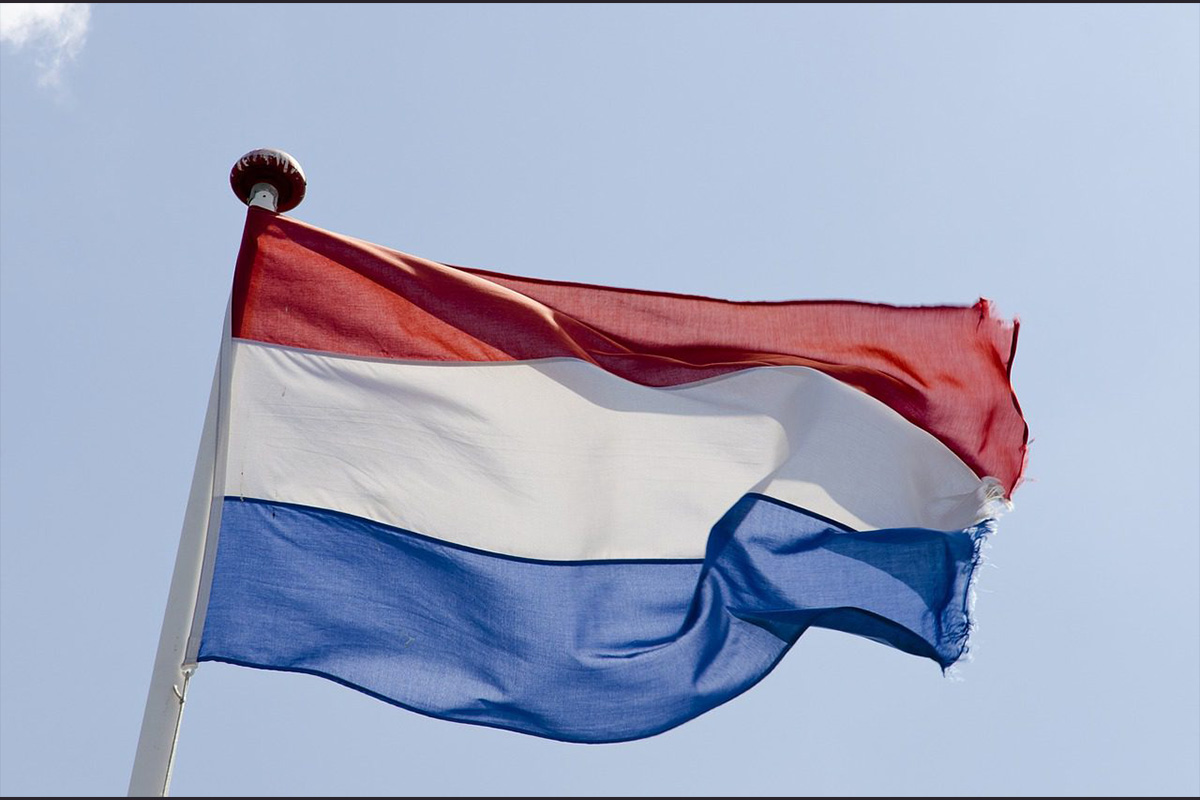
The Netherlands Gambling Authority (KSA) has imposed a penalty on Adventure One QSS Inc. for illegal gambling. Adventure One offers games of chance on the Dutch market under the Polymarket brand name, without a license. The KSA has called on Polymarket to cease its activities immediately. If it fails to do so, the company will be fined €420,000 per week, with a maximum of €840,000.
Polymarket has been frequently in the news in recent months, particularly regarding betting on the Dutch elections. Although Polymarket itself states that prediction markets do not fall under the category of gambling, the Netherlands Gambling Authority (KSA) has taken a different stance. After contacting the company about its illegal activities on the Dutch market, there has been no visible change, and the offering remains available. The Netherlands Gambling Authority therefore imposed this order, subject to a penalty. A turnover-related fine may also be imposed at a later date.
Ella Seijsener, director of licensing and supervision at the Netherlands Gambling Authority (KSA), said: “Prediction markets are on the rise, including in the Netherlands. These types of companies offer bets that are not permitted in our market under any circumstances, not even by license holders. Besides the social risks of these kinds of predictions (for example, the potential influence on elections), we conclude that this constitutes illegal gambling. Anyone without a KSA license has no business in our market. This also applies to these new gambling platforms.”
The post Dutch Gambling Authority Imposes Penalty on Adventure One QSS for Illegal Gambling appeared first on Eastern European Gaming | Global iGaming & Tech Intelligence Hub.
Brais Pena Chief Strategy Officer at Easygo
Stake Goes Live in Denmark Following Five-Year Licence Approval
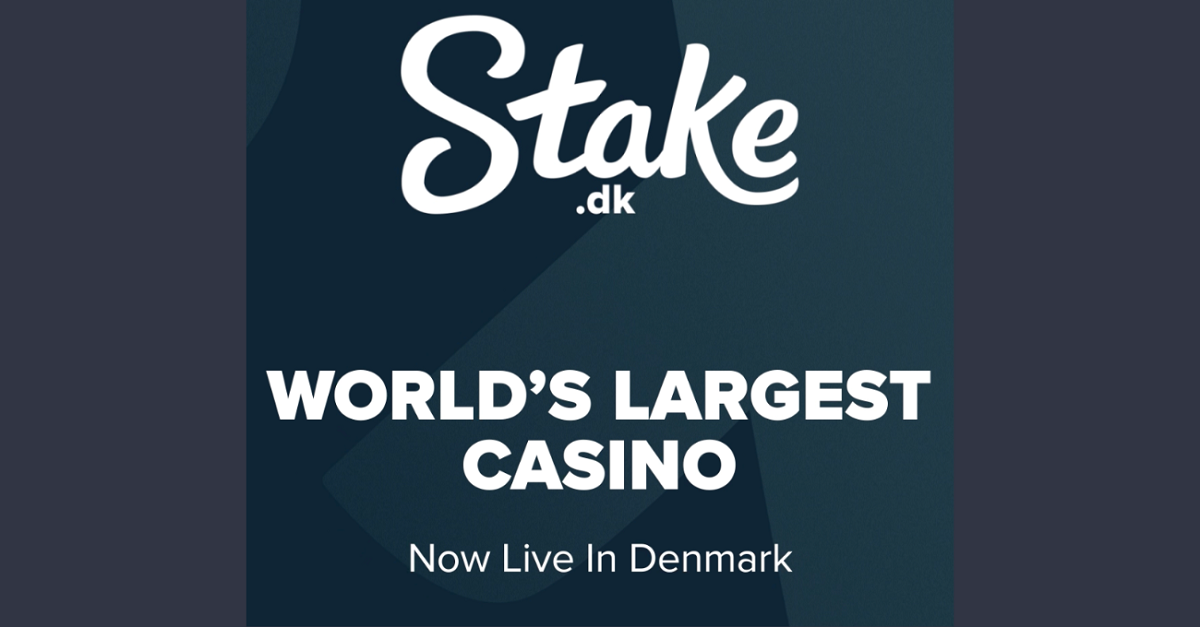
Stake, the largest online casino and sportsbook globally, today proclaims its official entry into Denmark after obtaining a five-year online casino and sports betting license. The shift reinforces Stake’s enduring dedication to enhancing its global growth strategy.
Denmark is often seen as a regulatory success within the European online gambling scene, and Stake has now introduced its flagship, internationally recognized product to the Danish market. Players will unlock access to Stake’s top-tier casino and sportsbook, showcasing exceptional games, cutting-edge technology, and an exceptional user experience, all provided with a strong local emphasis.
Starting 1 March 2026, Stake Denmark will set up its new headquarters at Parken Stadium, the national football stadium of Denmark and the home ground for FC Copenhagen.
Peter Eugen Clausen, Managing Director at Stake Denmark, said: “Denmark has one of the most well-regulated and competitive gaming markets in Europe, and that’s exactly what makes it so exciting. With Stake’s arrival, Danish players can expect a fresh, world-class experience backed by global scale and strong local focus. We’re raising the bar in terms of product, transparency, and entertainment, and I believe increased competition from brands like Stake will only drive the market forward in a positive way.”
Brais Pena, Chief Strategy Officer at Easygo, the technology company behind Stake, said: “Denmark marks our entry into the Nordics and represents a clear win in one of Europe’s most mature and high-value markets. With each new market, our momentum continues to build as we deliver on our global expansion strategy.”
Since its inception in 2017, Stake has positioned itself as the top betting and gaming brand globally by continually presenting advanced technology and novel gaming experiences for players around the globe. Upon entering Denmark, Stake maintains its dedication to player safety and responsible gaming, guaranteeing that gambling stays enjoyable, secure, and entertaining by providing extensive tools and resources that assist customers in comprehending and monitoring their gambling behavior.
The post Stake Goes Live in Denmark Following Five-Year Licence Approval appeared first on Eastern European Gaming | Global iGaming & Tech Intelligence Hub.
-

 ACMA5 days ago
ACMA5 days agoACMA Blocks More Illegal Online Gambling Websites
-

 Aurimas Šilys5 days ago
Aurimas Šilys5 days agoREEVO Partners with Betsson Lithuania
-

 CEO of GGBET UA Serhii Mishchenko5 days ago
CEO of GGBET UA Serhii Mishchenko5 days agoGGBET UA kicks off the “Keep it GG” promotional campaign
-

 Canada4 days ago
Canada4 days agoRivalry Corp. Announces Significant Reduction in Operations and Evaluation of Strategic Alternatives
-

 Latest News4 days ago
Latest News4 days agoTRUEiGTECH Unveils Enterprise-Grade Prediction Market Platform for Operators
-

 Central Europe5 days ago
Central Europe5 days agoNOVOMATIC Once Again Recognised as an “Austrian Leading Company”
-

 Firecracker Frenzy™ Money Toad™4 days ago
Firecracker Frenzy™ Money Toad™4 days agoAncient fortune explodes to life in Greentube’s Firecracker Frenzy™: Money Toad™
-

 Acquisitions/Merger4 days ago
Acquisitions/Merger4 days agoBoonuspart Acquires Kasiino-boonus to Strengthen its Position in the Estonian iGaming Market







